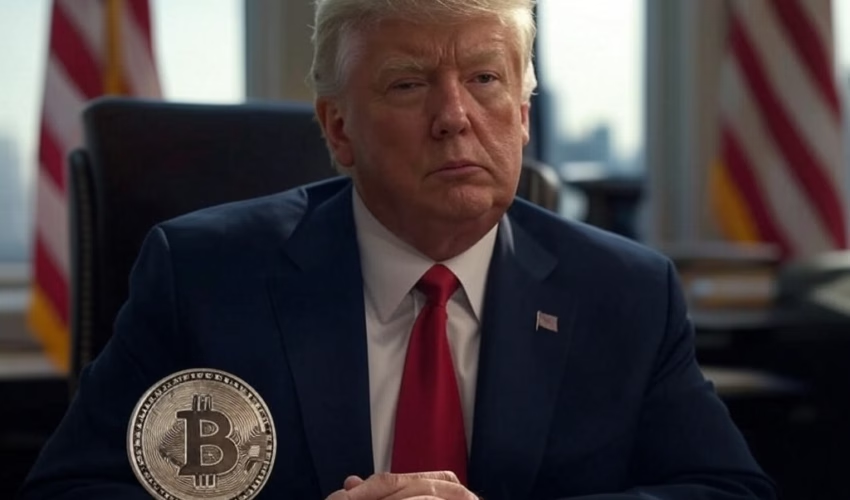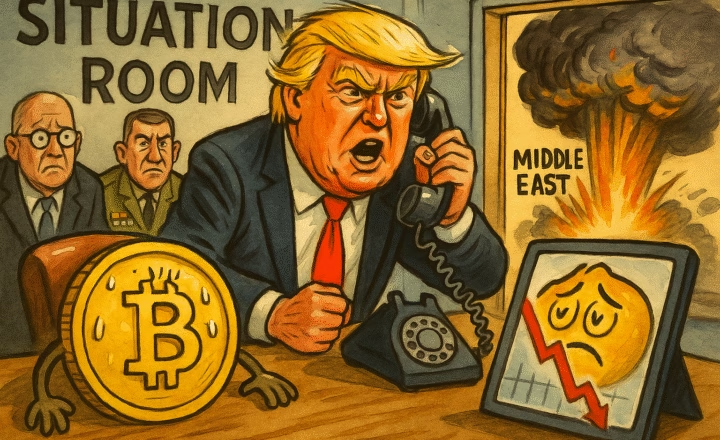Overview
According to estimates from three cryptocurrency data firms, trading platforms handling former U.S. President Donald Trump’s official cryptocurrency, ‘$Trump,’ have generated approximately $86 million to $100 million in trading fees as of January 30. The token began trading on January 17, peaking at a market capitalization of over $14.5 billion by January 19, before plummeting to less than one-third of its peak value.
Nearly $100 Million in Trading Fees
This estimate comes from blockchain analyses conducted by three crypto intelligence firms, including Merkle Science and Chainalysis, commissioned by Reuters. Their findings indicate that trading platforms have accumulated significantly larger fee revenues than previously reported.
One such trading entity is CIC Digital, a company owned by Trump. According to the official ‘$Trump’ website, CIC Digital has the right to receive “income generated from trading operations.” Reuters could not confirm whether these trading fees are being accounted for as Trump’s personal income or the specific amounts involved. The White House has also declined to comment on the matter.
Rapid Surge and Crash: Losses Concentrated Among Small Investors
According to Chainalysis, at least 50 major investors each made profits exceeding $1,000 from ‘$Trump’ trades. Meanwhile, approximately 200,000 cryptocurrency wallets—mostly belonging to small investors—have incurred losses due to the token’s dramatic price swings. This sharp volatility has disproportionately impacted retail investors.
Trump’s Crypto Policy and Ethical Concerns
Trump has pledged to revise cryptocurrency regulations and promote digital asset adoption, positioning himself as “the first crypto president” while vowing to establish the U.S. as “the global center for cryptocurrency.” Several high-ranking officials and cabinet members within the Trump administration have held or engaged with cryptocurrency-related interests.
However, the substantial funds surrounding Trump’s cryptocurrency ventures and their opaque structure have raised concerns among ethics experts and members of the Democratic Party. Richard Briffault, a professor of law at Columbia University, noted, “There are ethical concerns about Trump essentially regulating his own business dealings.”











